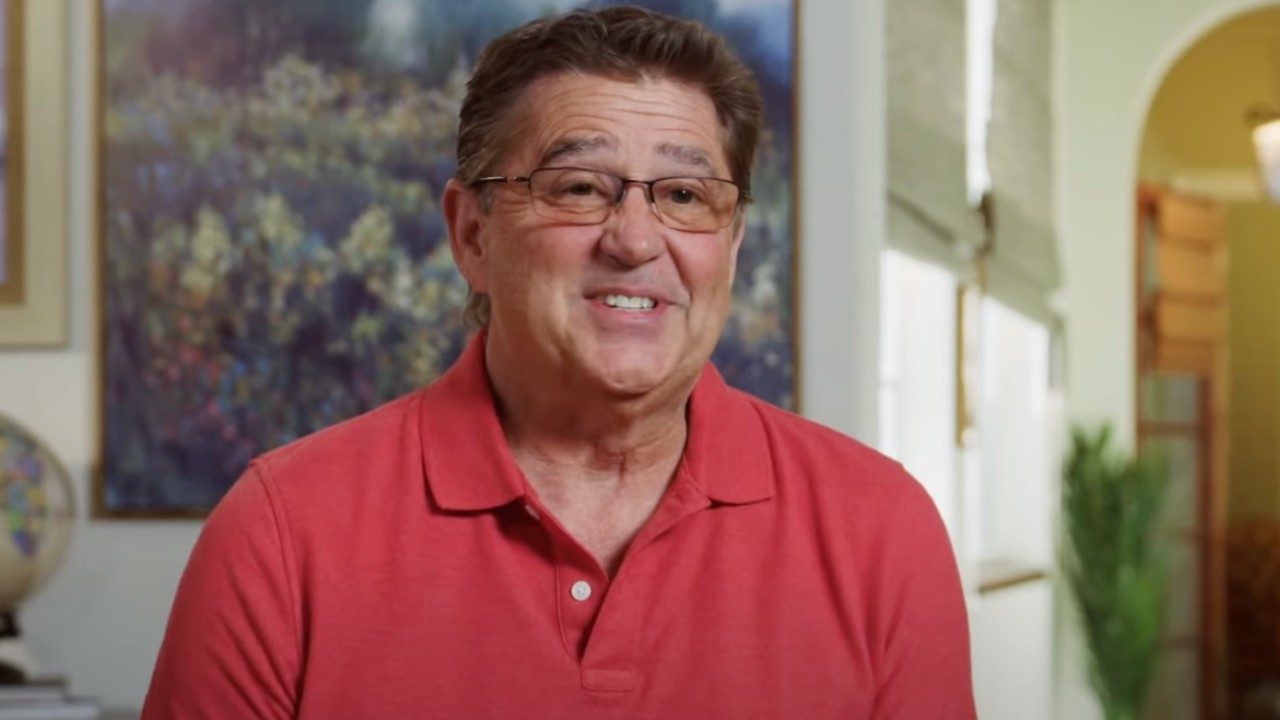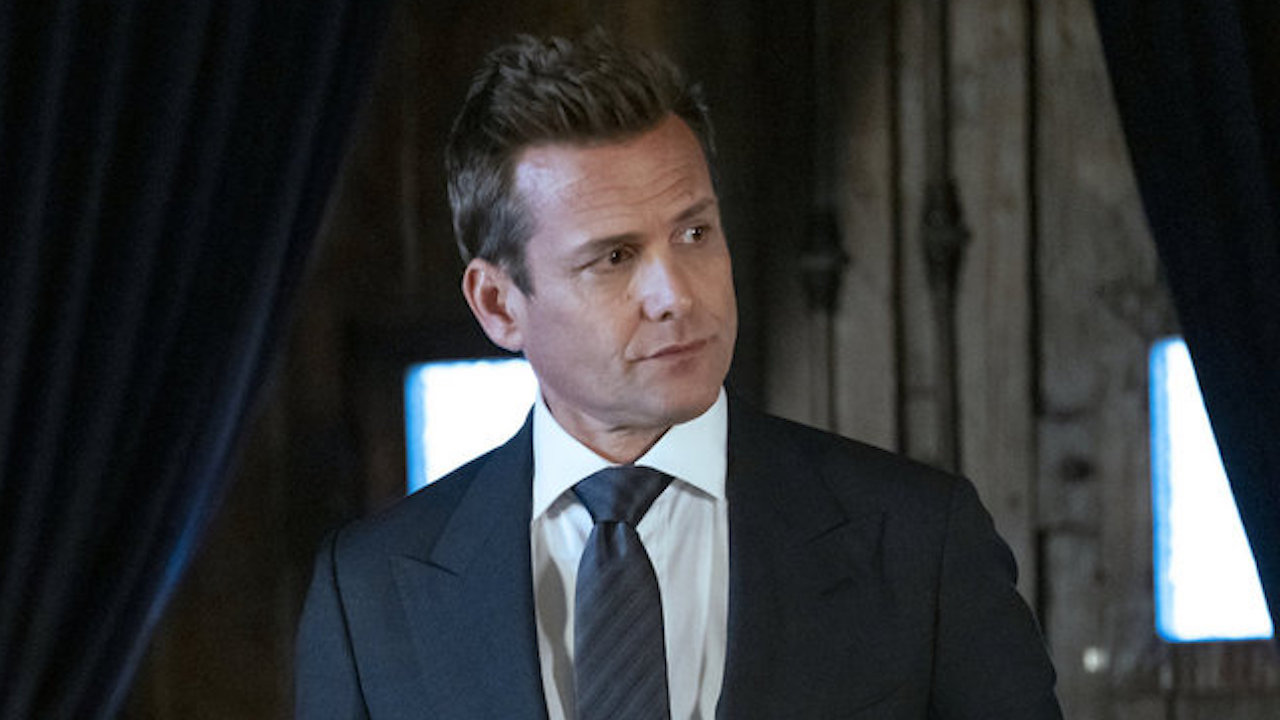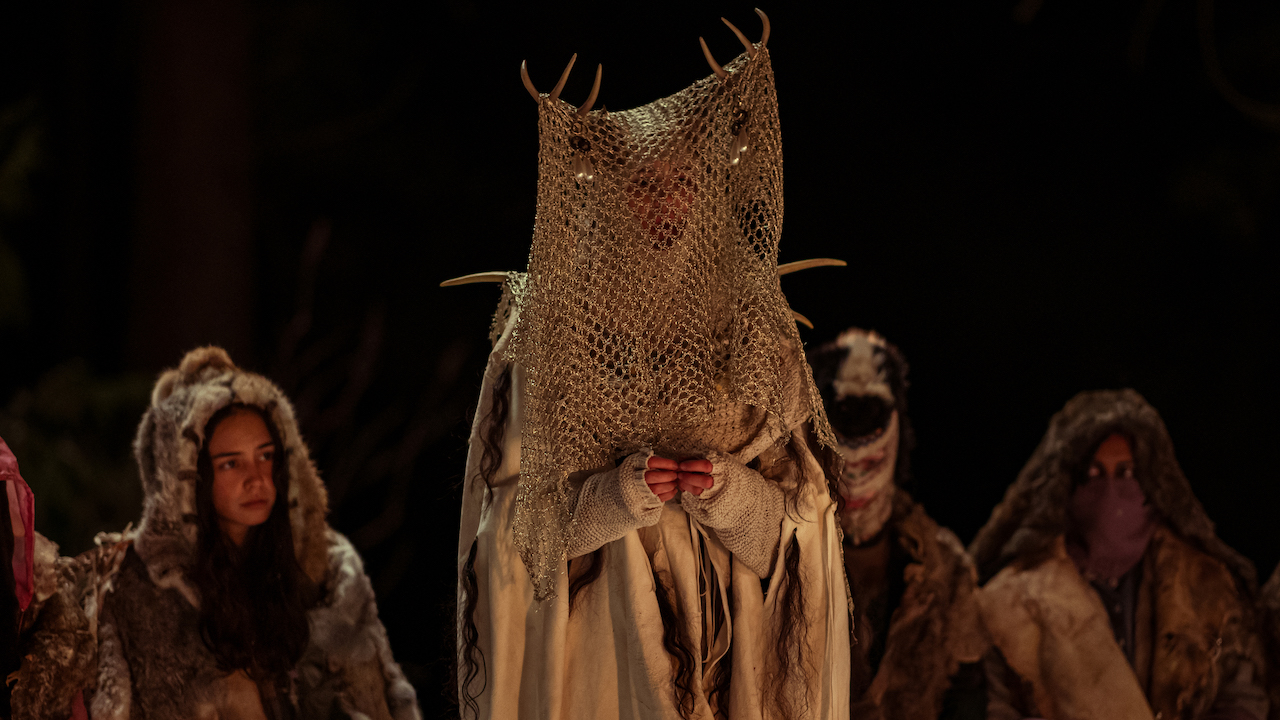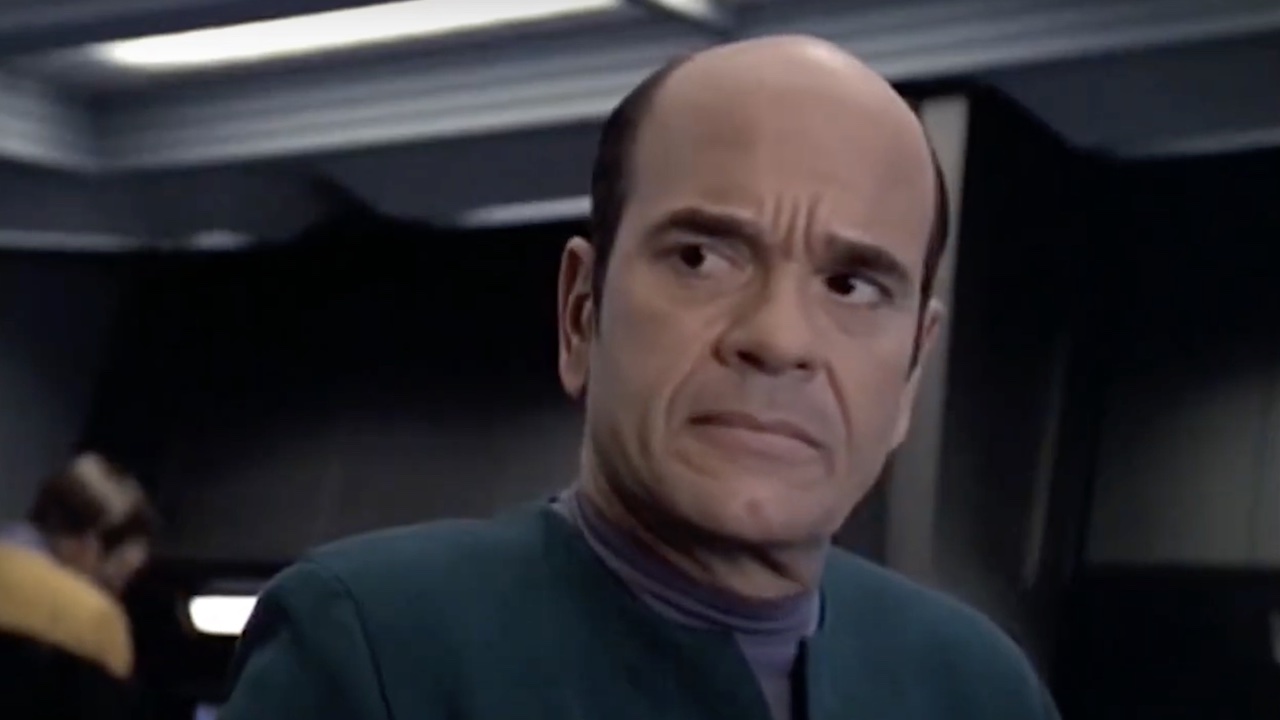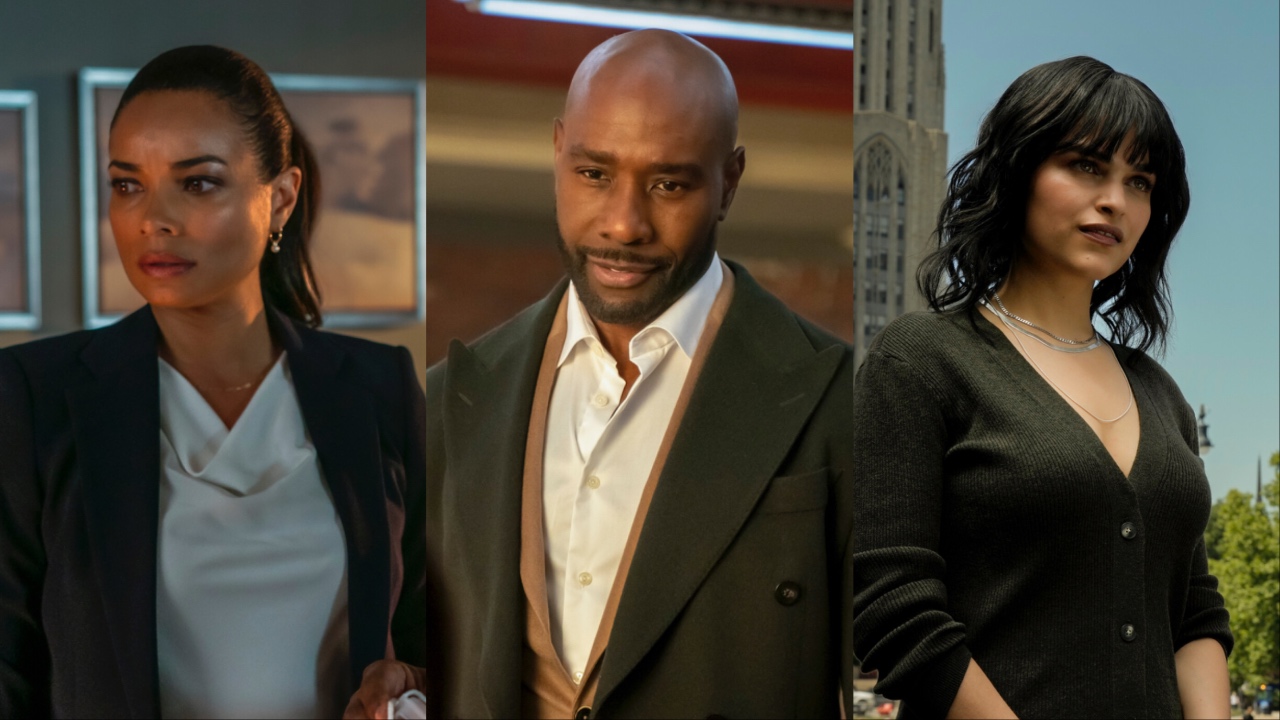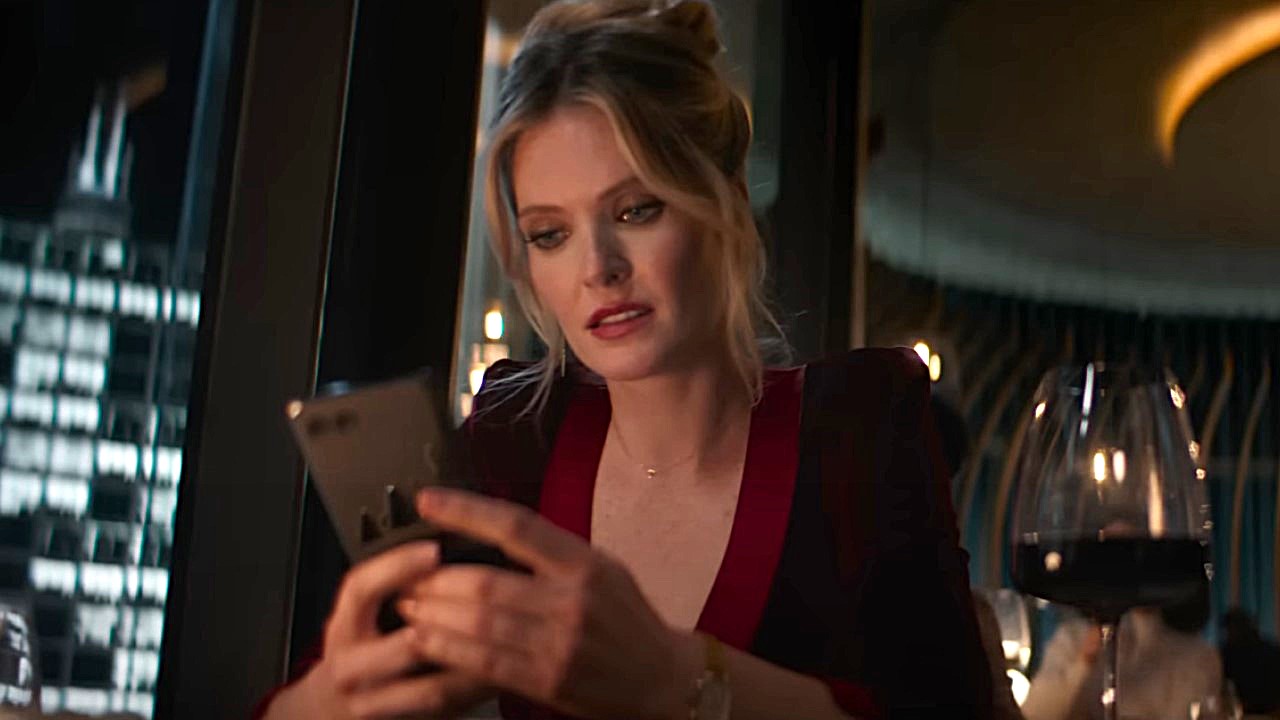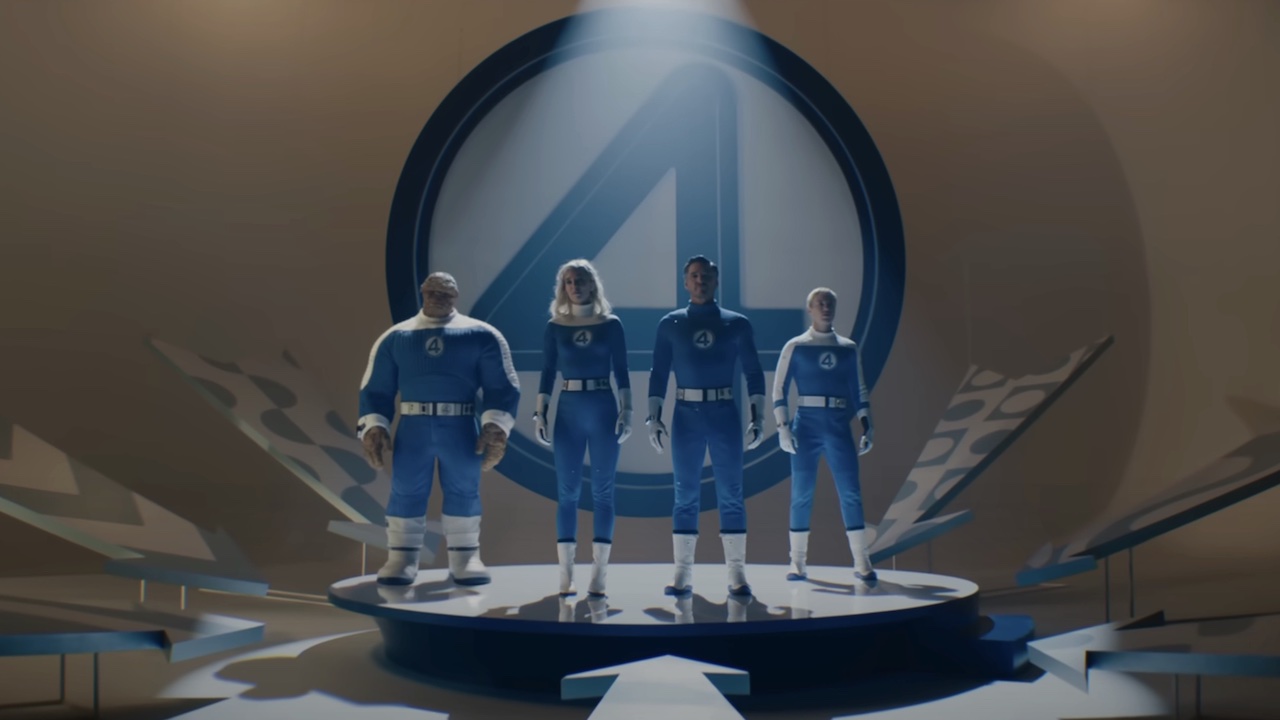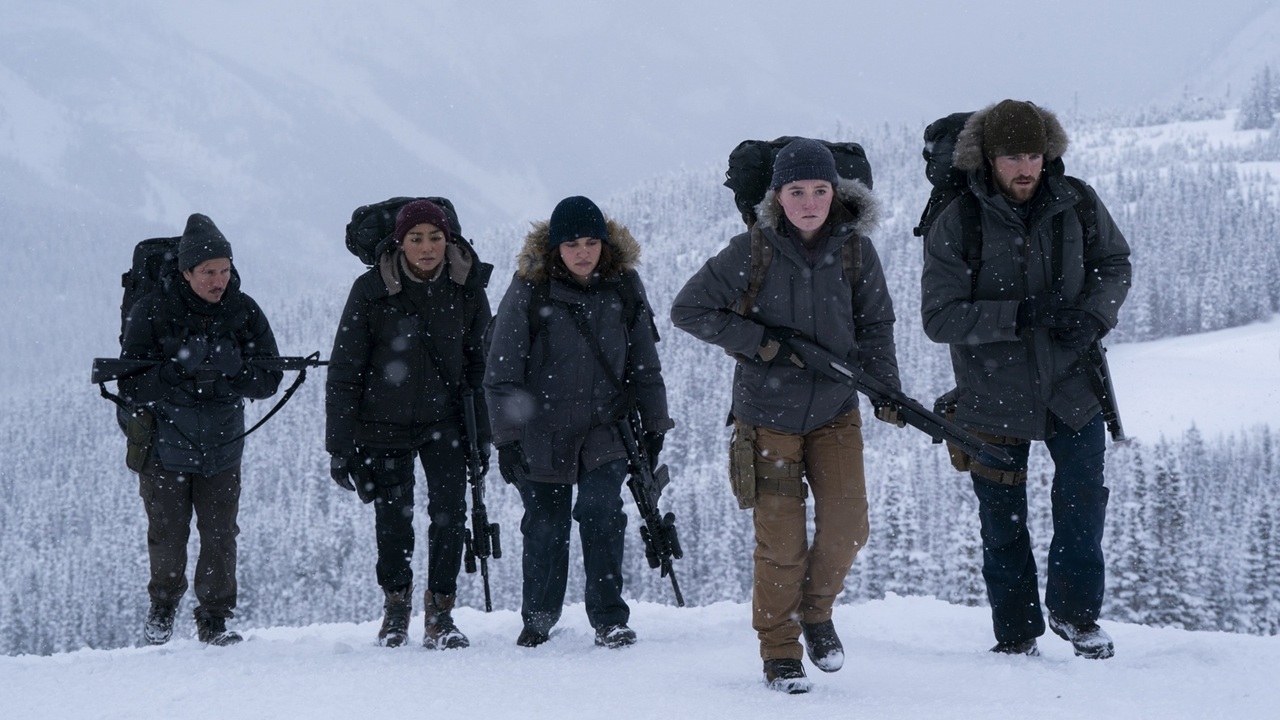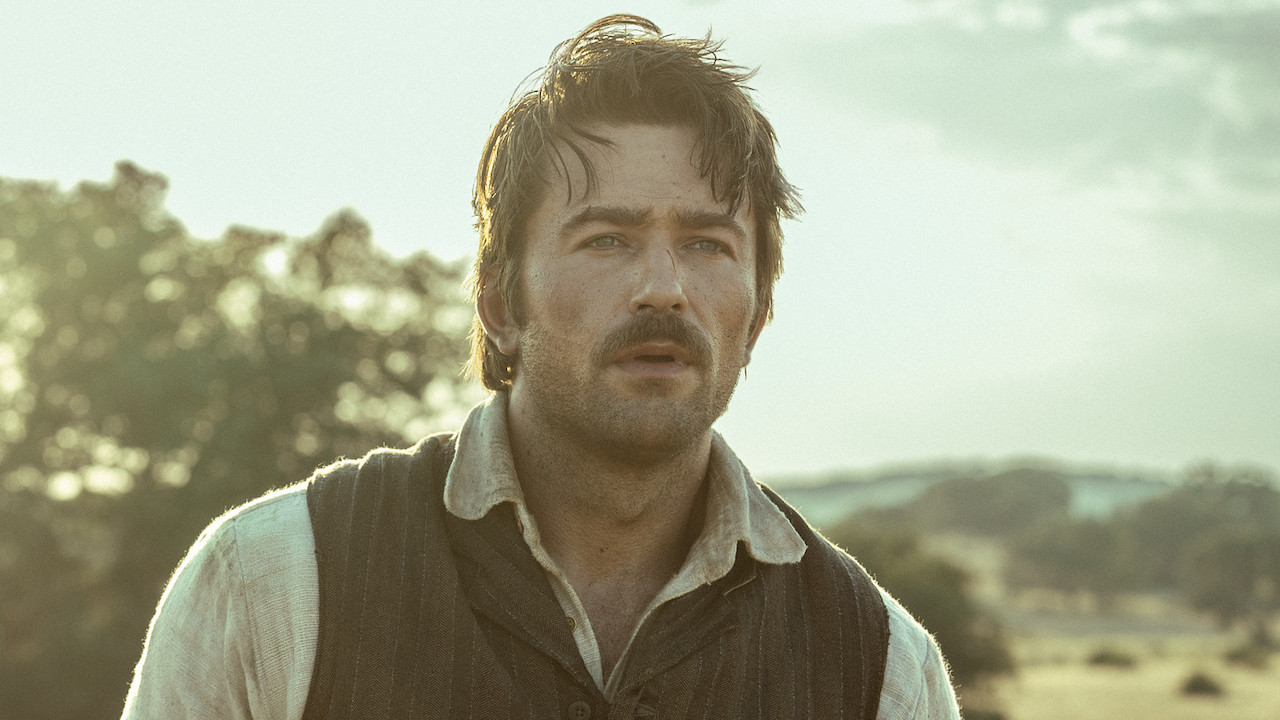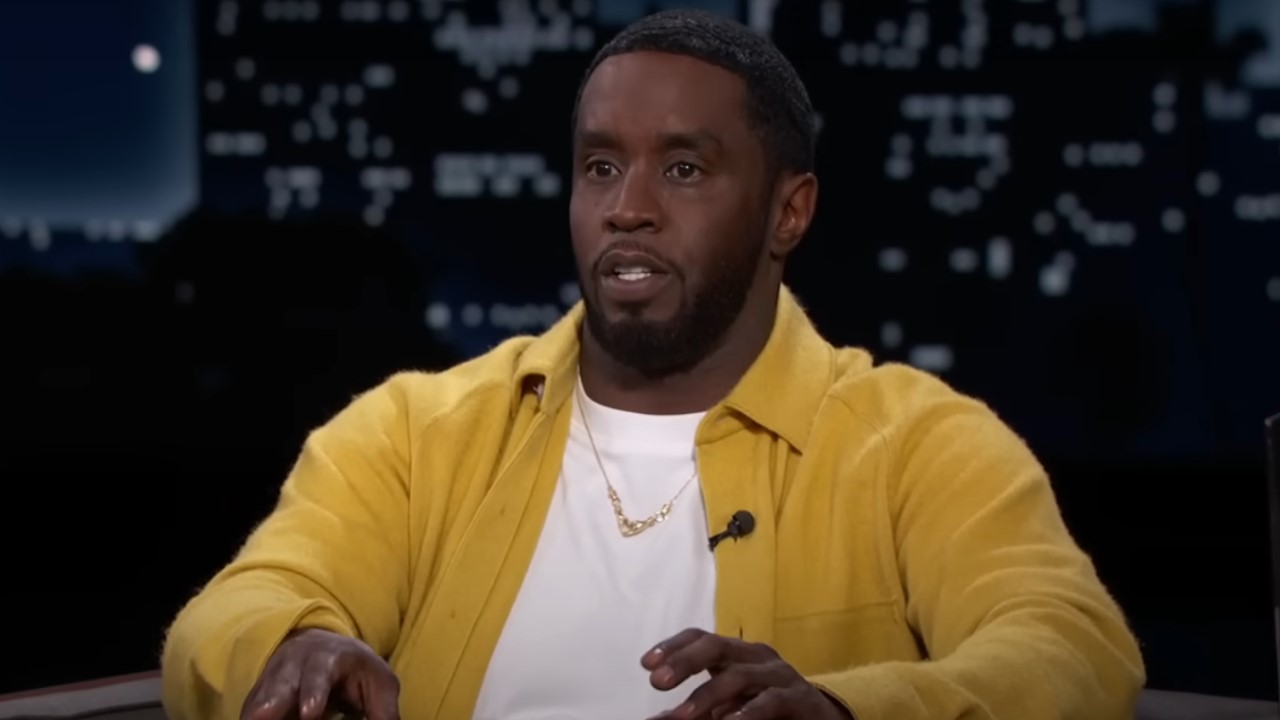Saving Mr. Banks' Jason Schwartzman Brings The Worlds Of Movies And Music Together
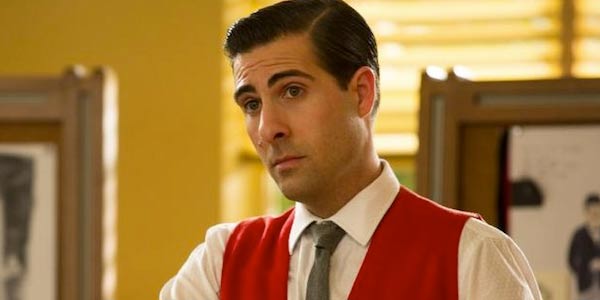
Jason Schwartzman has built a fantastic acting career for himself ever since his debut performance starring in Wes Anderson’s Rushmore. He’s worked with great directors like David O. Russell, Edgar Wright, and Judd Apatow (in addition to multiple collaborations with Anderson), and has stretched his skills to the small screen starring the terrific-yet-short-lived HBO series Bored To Death. But not only is Schwartzman a talented actor, he is also a skilled musician, both as a solo act and drummer and songwriter for the band Phantom Planet. In the new film Saving Mr. Banks, the actor sees both of those worlds collide portraying the legendary Disney composer Richard Sherman.
Last month I had the chance to talk with Schwartzman about that career blending and a whole lot more at a recent press day for the new film held in Los Angeles. Read on to discover what led Schwartzman to the role, what it was like working right alongside Sherman in preparing for his part, and the current status of the Bored To Death movie.
When you first start looking at scripts, when you’re approaching projects, what exactly would you say it is that you’re looking for?
I don’t know. I can’t tell you. I don’t really know and I think that’s why it is, it’s a very confusing process, a strange process, and I don’t know. I think, like, I also think like there are certain people who are good at reading scripts. They can see things, and I think I’m trying to just become better at that, but no, I mean, to me, like it’s just, yeah, I don’t know. It’s more of a, I think, pretty early on, you know, within five or ten pages.
You have an idea?
I can’t tell if it’s like great or not, but just like, I don’t know, just choices of words, and language and the way things are, you can just kind of tell.
So you kind of hone in on the language, more than the stories or characters?
CINEMABLEND NEWSLETTER
Your Daily Blend of Entertainment News
No, just like the choice, if the guy wrote it, it’s just the choices that, the choices that the person made, you know what I mean? Like, I don’t know. If you walked into a house, but the owner wasn’t there, but you were trying to figure out who he was based on how he furnished the place. It’s a little like that. You’re just sort of assessing it, in the beginning I’m just sort of assessing it on the things, like little details and facts, but for me, it’s really a gut feeling.
What was the process of getting into this project? Were you approached about it? Was that something that you went after?
It was very strange actually, and I’m just remembering this now, Basically, the way that it all first came up was when Moonrise Kingdom was playing at the Cannes film festival, I was sitting next to Alexandre Desplat who is a great film composer, and I was sitting next to him, and as the lights were dimming he said, "Oh I forgot to tell you, I just had a meeting about you with Disney for the one of the Sherman brothers," and then the movie started and I was. He just put this thing in, and then it turned out that my older brother John Schwartzman, he shot this movie.
Yeah, I saw his name in the credits! I was curious about that.
Yeah, he emailed me and he said, "Hey, John Lee Hancock is directing this movie and you’re going to get a call from him, about meeting and sitting down with him, but I’m doing this movie and it’s incredible." I hadn’t read the script of anything, so it’s sort of hearing about it, and then I got the script and I read it, and I was just, it was just like, I don’t know. It was up my alley in many ways, like I loved Mary Poppins. I love any story of the making of anything, I’m very interested in, like I love all those behind the classic albums DVDs, anything, I love anything about the creative process, and then of course, it’s about music, and you see songwriting and it was really like, I was just like, I couldn’t believe the opportunity.
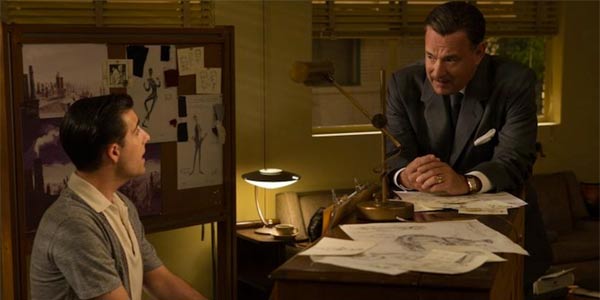
How early in the process did you actually get to meet Richard Sherman?
Like, let’s see, I met, I signed on to being in the movie in late June/early July, and I met him two weeks later.
I have to imagine, that has to be the richest resource of anything.
It is the richest resource, because his memory is like a laser, and because he’s a storyteller, he really knows how to explain things to you in a way that you can understand and he’s excited to tell you stories. It’s not like, it’s not like he can’t be bothered. He wants to explain it and make it make sense and I just asked him lots of questions and he also was like, he was such a tremendous resource, like he gave me all his demos and all of like, his demos, the sheet music, all of the P.L. Travers sessions and my piano teacher and I transcribed all of the music from that and I learned the style that he played piano at that time was. I was trying to learn the songs based on like, you know, if you buy a Mary Poppins song book at the store, that’s sort of like a more of a generalized rendition of the music.
It’s not really the exact same thing.
As opposed to how it would be if you were to play it for someone in a demonstrative form. Does that mean demonstrate, demonstrative? Like if you were to show someone a song, so I got to learn the songs in the style that would have been more correct in 1961.
Is what we hear your piano playing?
Yeah, for the most part.
It must be insanely meta for that kind of thing.
Well, for me, honestly, that was the way into the whole thing because I just spent hours just playing the songs and learning them and slowing them down. It really just helped me get into the idea of what it would have been like to write these, because you know, in a way, I play more music in the movie than I speak and I sort of felt then that’s his voice.
You’re speaking through the music, totally.
I wanted to speak correctly.
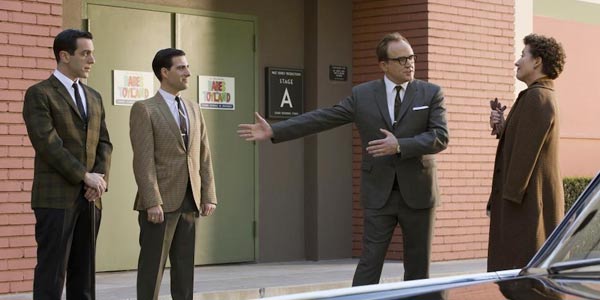
Is research typically part of your process when you’re getting into a character?
I don’t really have a particular thing I do. I think I’m kind of a slow learner, so I just, I think I waste a lot of time, but you know, music is definitely a big help for me. So, it was a huge help for me in this movie because I just bought every Sherman brothers piece of music and listened to it all the time and it became a big part of my life and my family’s life, like my daughter, she knows these songs better than I do. So, it really affected everybody.
Being a musician in addition to being an actor, is it fun when your worlds collide?
Yeah, I never really had it happen, but you know, like, I’ve played piano in movies or guitar for a second, but never a song writer and it definitely incredible. I mean, it was, yeah, I mean, when John Lee Hancock was telling me, you’ll be able to sit down with Richard Sherman, he will teach you these songs. It was really like, he’s talking to the musician in me, because I’m thinking, this is like sitting with one of the greats, for days on end, like as a master class, you know, and he’s just telling me, like, we quickly went into a place where it was not even about Mary Poppins anymore. It was just about music, like going over other people’s songs that we loved and playing songs for each other and Beatles songs and just kind of like having a dialogue through enthusiasm for chord progressions.
That’s really cool.
Yeah, it was the greatest. I said to him, because I played a Beatles song, and he played a song, I played a Beach Boys song, and then I said, "Oh, Richard, I’m so sorry. I’m dorking out," and he said, "I could dork out with you all afternoon," and it just made me so happy.
You’re part of a duo in this film, with B.J. Novak playing your brother, Robert. Did you guys kind of collaborate as well? Were you guys working together in that process?
Yeah. We got together. I mean, we talked about it a lot, about the characters and he spent a lot of time with Richard too, by himself. I think that, you know, I’m not like Richard and B.J. is not like Bob, you know, like everyone’s different, but I would say that I am more like Richard than B.J. and B.J. is more like, and I think that it is, like I see when I watch interviews with Richard, I see an element of myself in that, which is, you know, I can get really enthusiastic if I love something as we’re talking about it. Even if I’m nervous, I will start talking too much, and I become extroverted, even though I might not naturally be, whereas maybe B.J., he’s quiet and we probably feel the exact same way, we just handle it differently, and I feel like there wasn’t really that much like in terms of who’s your guy, who’s my guy, because we naturally sort of gravitated towards those characters anyway.
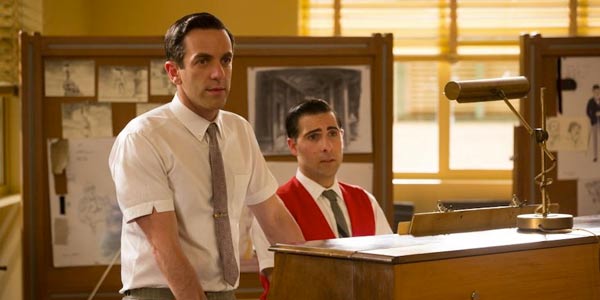
Most of your scenes we get to see you interacting with P.L. Travers, and she’s a pretty hard personality to deal with. It’s an aggressive personality [laughs]. Was Richard as tolerant of her behavior as we see it in the film? How would react in those situations?
Well, I think that if you listen to the tapes, I’m sure maybe there were moments when he wasn’t, but for the most part, if you listen to the apes and you listen to Richard talk, he was the guy who was in the room. He tried to make it work, like he was sort of the peacekeeper, and trying to say, if she would suggest something or, "I don’t like this. Can we try this word?" He would say, "Alright, we’ll try it. Absolutely. Let me make a note of that," whereas Bob was a little bit...
More aggressive.
Aggressive, more like less vocal about agreeing to something, a little bit more like, "Let me think about it," but you know, so Richard would tell me that his attitude was, "You don’t like that song? Ok, here’s another one. You don’t like that? Ok, here’s another one." So, it’s an optimistic…
It’s amazing that he could come up with it that quickly.
He had all the songs, or a lot of them. He just never was like, I think that at the end of the day, he’d be exhausted, but he said like. I said, "What would it be like if I were to see you in the room?" He said, "If you were to see me, you’d see Bob sitting in the corner, a bit more clearly stressed out, but if you were to see me, I’d be smiling and trying to play the piano and just let it work," So, that’s, yeah, and me, I don’t think I would have, I probably would have been somewhere between Richard and Bob. I think I would have been quiet, because like, maybe like, yeah, maybe I would be, I would try to play a song and if it got shot down, I wouldn’t feel like so comfortable coming back out of the shell, you know, you feel like you’re in school and you answered a question incorrectly and the class laughs at you.
You don’t want to raise your hand again.
You don’t want to raise your hand again, exactly, so the fact that Richard had that kind of, aggressive enthusiasm is amazing.
I think it’s fair to say that you’re best known for you collaborations with Wes Anderson. You obviously have a shared language in that relationship. What is it that you’re looking for in the relationship with a director and what did you take away working with John Lee Hancock’s style?
Well, I already knew about John Lee Hancock, because my older brother John Schwartzman, shot his first movie, and when John came back from shooting the movie he said, "I just worked with the greatest director. His name is John Lee Hancock and he’s a great writer," and I loved The Rookie, so when I got the call to come meet with him, I was really looking forward to it, and I loved The Blind Side. I was excited, and you know, if you meet John Lee Hancock, he’s so smart and he’s so humble, and he has a real vision for how he wants to do it, but he also was open to your ideas and i just knew, I just, there was no doubt that I thought he could make a great movie, and I was just excited to be a part of it.
Just because I’m a huge fan of Bored to Death, I was also wondering if there has been any forward movement on the movie.
Yeah, it’s funny, he’s writing the script as we speak, but it’s one of those things where if it doesn’t happen, I’ll be embarrassed. I was like, "Yeah, there’s a movie," but that’s the state of it. He’s writing it now. Everyone’s excited and everyone has signed on to Rocket to do it.
As I mentioned, love the show.
HBO is ready. We’re ready.

Eric Eisenberg is the Assistant Managing Editor at CinemaBlend. After graduating Boston University and earning a bachelor’s degree in journalism, he took a part-time job as a staff writer for CinemaBlend, and after six months was offered the opportunity to move to Los Angeles and take on a newly created West Coast Editor position. Over a decade later, he's continuing to advance his interests and expertise. In addition to conducting filmmaker interviews and contributing to the news and feature content of the site, Eric also oversees the Movie Reviews section, writes the the weekend box office report (published Sundays), and is the site's resident Stephen King expert. He has two King-related columns.
